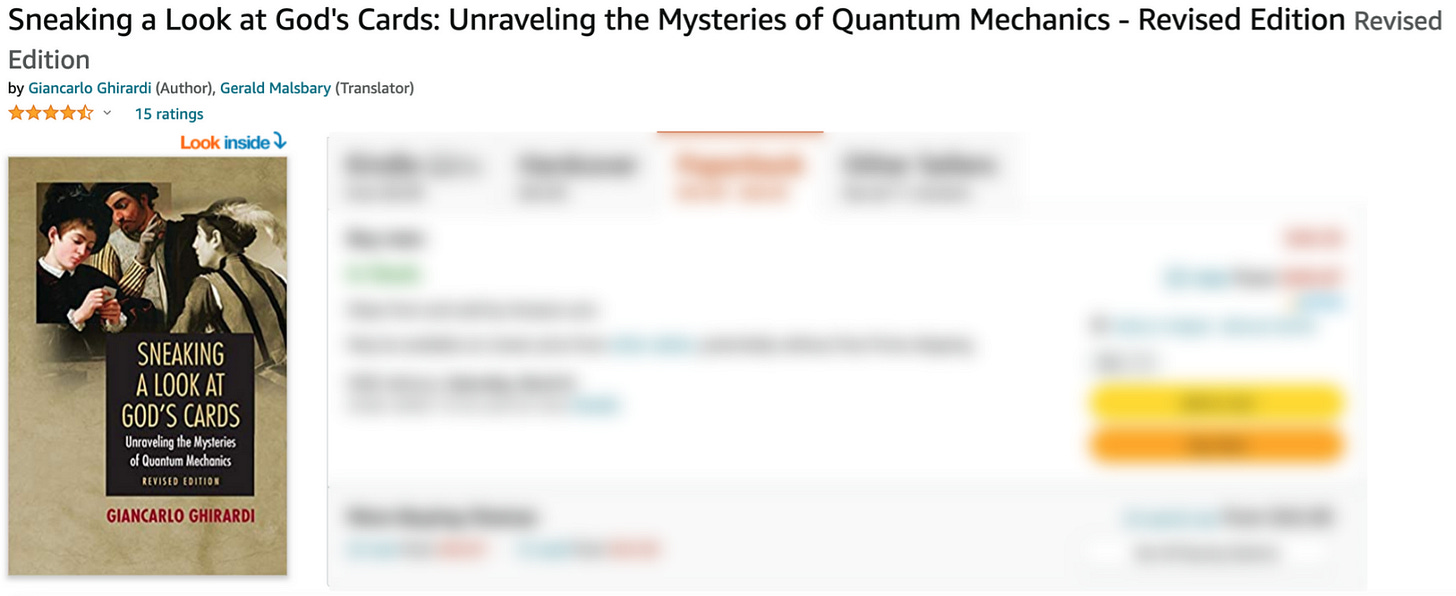Kyborg 20: SOS4
We are used to drawing a sharp line between IS and OUGHT. The world is unjust, but ought not to be. The ideal society can be imagined without any concern about its current state. But how do we work towards our ideals? Doesn’t that automatically take us into the province of the way things are today?
That takes into different types of investigation and their respective methodologies. By now all of us are aware that there’s a special kind of investigation which we call ‘scientific.’ It’s an overused term and most of us have no clue as to how science is actually done in the lab or on the screen, but we have a sense that it’s a game with specialized rules.
One of the first steps is to ‘prepare’ an object for scientific investigation, which is to decontextualize it to the extent possible and place it in a new environment whose variables are under explicit control. Or if such control isn’t possible, to randomize the context so that its influence can be averaged over.
Through such efforts, we make it possible to take a neutral stance towards the object even before its properties are made available to us. But moral investigation can’t take a neutral stance, for we are always in a position of concern towards our object of moral inquiry.
What that means is that naturalistic inquiry cannot reveal moral objects even if it tried - the methodology prevents us from doing so. Taylor suggests an alternative:
Taylor’s framing of moral inquiry has two important claims built into it:
It’s through moral inquiry that our deepest instincts about value are respected - I read ‘respect’ here as a technical term, analogous to how scientific inquiry is used to validate or refute hypotheses. Which is to say that the particular mode of respect is an outcome of moral inquiry under the general umbrella of respect for human life.
That moral inquiry can be used to evaluate ontological claims - while scientific inquiry can never do so. Which can be inverted to answer the question: what kind of inquiry reveals metaphysical truths?
I see the beginnings of a profoundly anti-Kantian move here, for Kant famously argued that reason can’t reveal objects as they are in themselves. Taylor is a practicing Catholic, so he’s committed to the possibility of access to at least one metaphysical object (i.e., God) but his arguments open answers to the following question:
What modes of inquiry give us access to things in of themselves?
If Taylor is right, there is at least one such inquiry:
Moral inquiry
But of late, the new kid on the Continental block called “Speculative Realism” suggests that Aesthetic Inquiry also grants us access to things in of themselves1.
There’s a third candidate for a type of inquiry that gives us access to metaphysical truth: that’s formal inquiry, of which mathematics is the most historically prominent version but we now have computing as an increasingly important fork in the formal road. Strangely, it’s physicists, not mathematicians, who evoke the metaphysical power of formal inquiry the most, in phrases such as ‘knowing the mind of God’ etc.
We have (or seem to have) access to forms such as numbers and programs without being able to behold them with our eyes. How do we do so? What capacity of ours enables such knowledge? Number knowledge has an ancient pedigree, matched only by religious and mystical exploration, though the relative prestige of mathematics and religion has changed over the centuries. But we must acknowledge that contemplative inquiry has traditionally been associated with metaphysical knowledge.
I am best acquainted with the Indic versions which combine philosophy with meditative practice, which is a phrase that masks a plethora of systems. Divinity and religion aren’t the only ways of contemplating - we can reject God as the focus of contemplative inquiry (hat tip Linji: if you see the Buddha on the road, kill him) and still conduct that inquiry with great faith.
The screenshot is from the table of contents to Harman’s book on Object Oriented Ontology. It’s also the first time I am using Substack’s footnote feature - if you read this footnote, send me a response saying you did!






